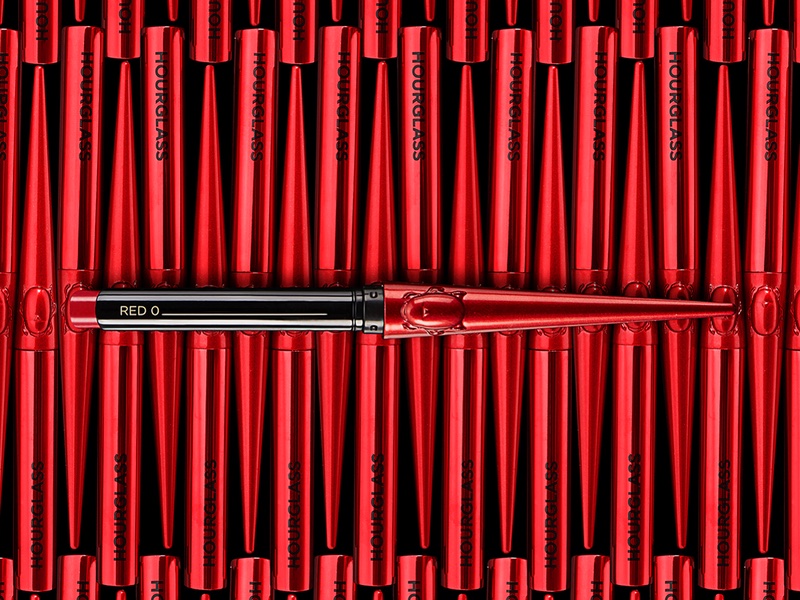Despite it sounding like something that belongs in a sci-fi movie, quantum computing is becoming a talking point in the beauty industry.
Although still very much in the ‘big picture thinking’ stage, quantum computing is being tipped as the next substantial thing which could impact how beauty research and development is conducted.
Personal care giant Unilever is starting to explore the potential applications of quantum computing alongside next generation artificial intelligence (AI) in its beauty R&D.
The company is already using automated robots alongside AI at its Materials Innovation Factory facility in Liverpool, UK, to deliver game-changing formulations for brands such as Dove, Hourglass and TRESemmé.
But now the beauty giant is starting to look into the possibility of adding quantum computing to its suite of AI and machine learning as its next big phase of innovation.
Quantum computing will allow us to solve problems in a much shorter period of time than using classical computing
– Alberto Prado, Head of Digital and Partnerships at Unilever R&D
Unilever is exploring this with science partners at The STFC Hartree Centre in Cheshire, UK – an organisation it has a long-standing collaboration with – where efforts in AI and quantum computing are being stepped up.
But what exactly is quantum computing and why is it creating waves in the industry?
Alberto Prado, Head of Digital and Partnerships at Unilever R&D, and Dr Samantha Samaras, Global Vice President of Science and Technology in Unilever’s Beauty and Wellbeing and Personal Care Business Groups, share their thoughts with Cosmetics Business.
The duo explain what quantum computing is, its potential applications in beauty R&D and what the associated risks could be.

Hourglass’ Red 0 vegan lipstick was created using AI technology and machine learning
Quantum computing is being cited as the next big thing in research, but what is it?
Alberto Prado: Quantum computing is the replication of quantum physics to boost our computational power, and I think it is one of the most exciting and potentially disruptive things ahead.
We believe it will enable
